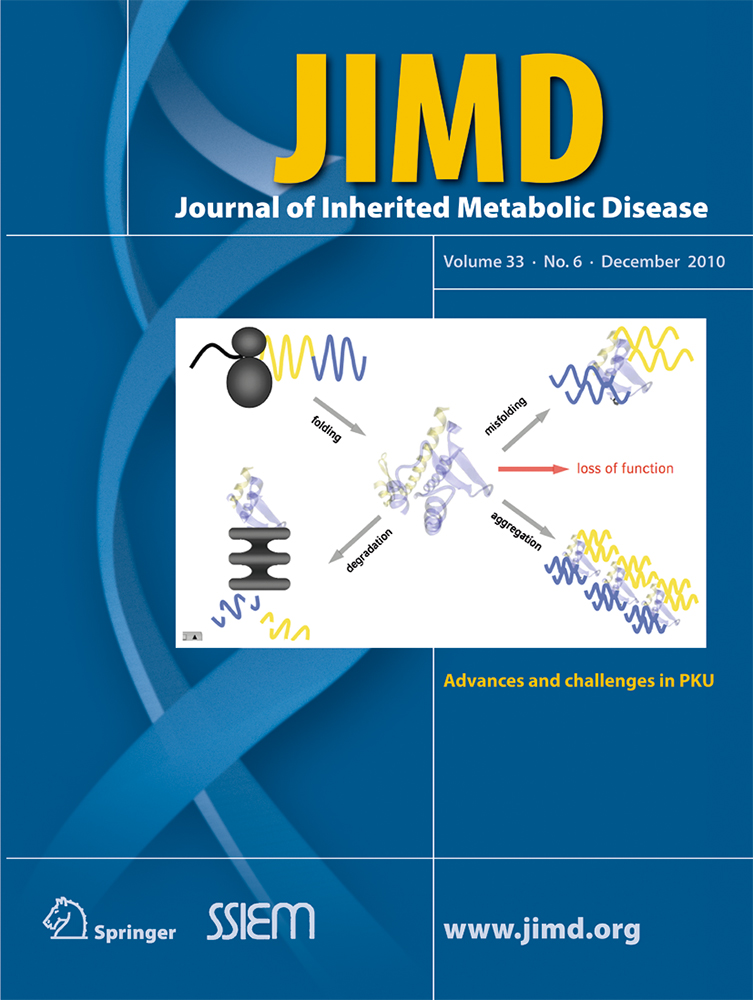The reality of dietary compliance in the management of phenylketonuria
Communicated by: Nenad Blau
Use of electronic databases: OMIM.
Competing interests: Anita MacDonald has received research grants from Merck Serono, SHS International, and Vitaflo International, and also compensation from Merck Serona as a member of the European Nutritionist Expert Panel in PKU. Margreet van Rijn has received research grant funding from SHS International, Milupa, Metakids, and Vitaflo International and also compensation from Merck Serona as a member of the European Nutritionist Expert Panel in PKU.
Presented at: the Serono Symposia International Foundation Meeting, “Advances and Challenges in PKU”, January 16-17, 2009 in Barcelona, Spain.
Abstract
In phenylketonuria (PKU), it is common for blood phenylalanine (Phe) concentrations to be outside optimal target ranges, particularly in teenagers and adults, indicating inadequate compliance. It is well known that significant noncompliance exists, and the situation in PKU would appear no different than other chronic conditions. In PKU, compliance is complex, being subject to diverse definitions, and factors influencing compliance include the nature and nurture of the patient, as well as the inconvenience, cost and availability of dietary treatment. It is also a dynamic process, with many patients changing between a state of compliance and partial and noncompliance. In PKU, compliance has received little rigorous study, and there have been few observational reports identifying barriers and behaviors impacting dietary compliance. Compliance assessment measures remain inadequately defined. The direct assessment of blood Phe concentration is perhaps the best overall measure, but there is no universal agreement about the number of Phe concentrations that should be within target range and frequency or timing of measurement. Although no one strategy for improving compliance is universally effective, and an individualized approach to noncompliance is essential, it is important to have clear evidence about the most effective strategies in achieving long-term dietary adherence in PKU.




